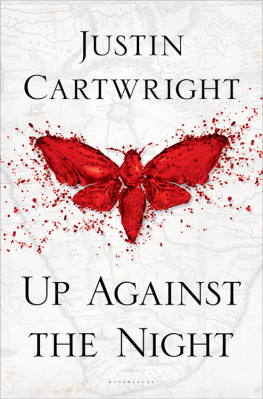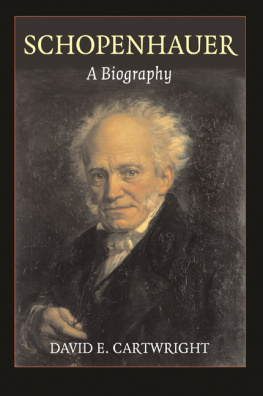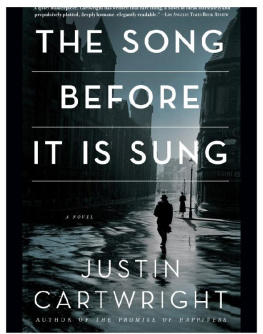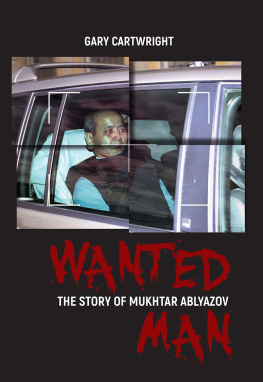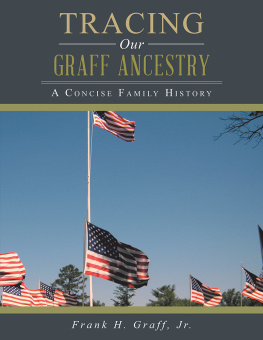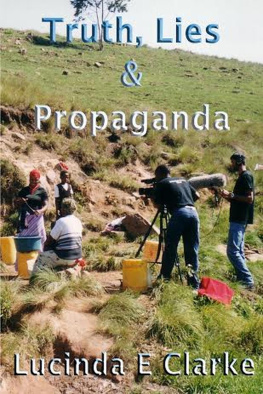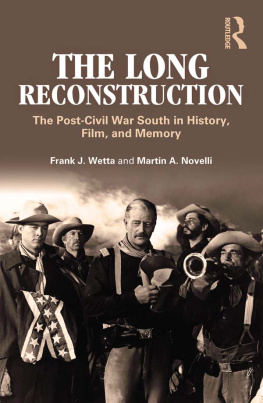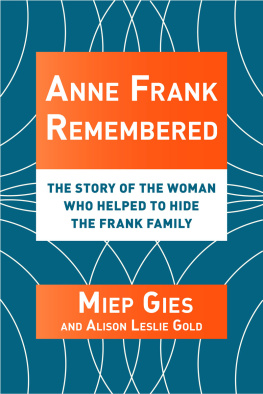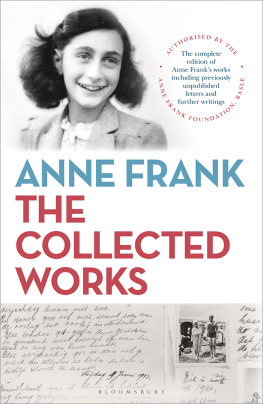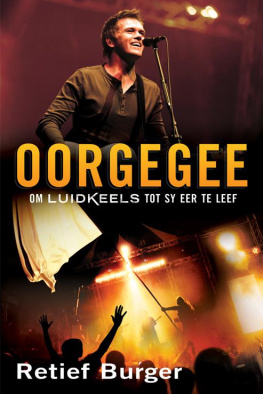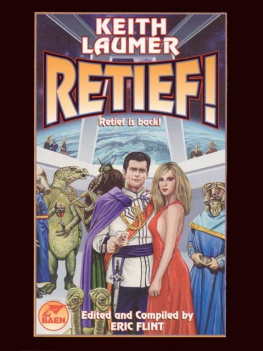
UP AGAINST THE NIGHT
Justin Cartwright

For Jonathan Ball,
the indestructible
One [understanding] was of a society, and a section of society, that is violent, self-obsessed and contemptuous of the law. It was a lawlessness that represents a certain kind of South African impulse, not just an Afrikaner impulse
Mark Gevisser
We read landscapes, we interpret their forms, in the light of our own experience and memory, and that of our shared cultural memory
Robert Macfarlane
From a distance, the Reverend Francis Owen, his wife, their servant, Jane Williams, and a twelve-year-old boy, William Wood, watched, helpless and terrified, as a thousand Zulu warriors fell on seventy unarmed Boers and beat them with clubs. The dead and dying were dragged the eight hundred yards from the great kraal, the isigodlo, of King Dingane of the Zulus, to KwaMatiwane, the place of execution, where those who were still alive were clubbed to death. The bodies were left for the hyenas and the vultures and the jackals. The leader of the Boers, Piet Retief, was the last to be killed. His thirteen-year-old son, Cornelis, was one of the dead. The warriors moved on to where they were camped to find the women, children and servants. The helpless women, children and servants were clubbed and stabbed to death, and their bodies, too, were dragged to KwaMatiwane.
The hillock of KwaMatiwane ran with dark red blood. Venous blood. Rivulets of blood became streams, and the streams became rills. Further down the hill, the blood was finally reclaimed by the dry soil, leaving, for a while, only a damp trace, which faded fast.
My Australian grandfather came from Queensland to fight in the Boer War. In a recently opened cache of tobacco-tinged photographs I saw that I have inherited his looks. We are uncannily alike. He was a private in the Queensland Mounted Infantry and stayed behind after the Boer War ended in order to marry my grandmother. He died soon after the Second World War and before I was born. My mother, beautiful though she was, lived under a cloud of insecurity, the fear of desertion.
Like my grandfather I am tall, with a large head; my face is strong and deeply etched, with blue eyes that are often fixed on the horizon as though I am expecting a revelation.
Recently I have begun to feel that I am an impostor, not really English and never will be, although I have lived among the English happily and gratefully for many years. When I came to Oxford I intended to become English, because I did not want to be identified with the apartheid government. Now, in my onrushing middle years, the notion of home occupies me as if I must finally decide who I am, although in reality there is no urgency to make a decision; certainly nobody is waiting eagerly for my pronouncement.
On my mothers side of the family, I am directly descended from Piet Retief, the Boer leader, famous for having been murdered, along with all his followers, by Dingane, King of the Zulus, in 1838. Retief and his followers saw themselves as departing the Cape Colony in a biblical exodus. The oppressors were, in my ancestors understanding, the British of the Cape Colony, who had recently freed the slaves. Inadequate compensation for the freeing of his slaves was one of Piet Retiefs main complaints. Another was the unruliness of the brown and black people that followed British rule.
Most of my life I have been reluctant to be associated with my ancestor; I believe that there is something rotten at the heart of the Retief story, at odds with the myths of heroism and sacrifice.
Recently, I have been researching Piet Retiefs life and I see that exaggeration was a characteristic of the family who were major optimists, a quality they combined with wide-reaching incompetence, so that most of their many enterprises failed. Even the most famous Retief Piet demonstrated an unfounded and fatal confidence, perhaps a certain contempt, when he agreed, in February 1838, to enter the royal kraal of Dingane without weapons.
I dream about my daughter, Lucinda, as she was before she became a drug addict. I dream of the mountain. I dream of the sea crashing on the beach. I dream of water trickling along dry furrows. I dream of my Auntie Maries tin-roofed farmhouse in the dreary flatlands. I dream of unhurried Afrikander cattle. I dream of snakes. I dream of near drowning; in this dream I am powerless as I try to swim back to the beach. In the implacable workings of dreams, the harder I swim, the further out the current takes me. I am being pulled out to sea. I am panicking. I know that the secret is to allow yourself to be carried out with the riptide, even to swim with the riptide, because all riptides lose power and you can then swim back from another direction. Easy to say: in my dream I am swallowing water, losing the battle, exhausted. These dreams dont have a hierarchy of importance; they have no logic; they are disturbingly random as though my turbulent brain is trying, without success, to find something solid on which it can alight.
Now I am lying, barely half awake, in my house in Notting Hill. When I finally wake and get out of bed, I feel clammy, as if I have slept wrapped in a caul.
Dreams have no useful meaning, but I believe that they feed on anxieties: my ex-wife pays lawyers to send me vile letters and, mad though they are, they disturb my nights and make sleep impossible. These letters are often delivered by anonymous couriers on motorbikes or by anonymous drivers of white vans. Last night, after one of these deliveries crashed through the letterbox, I could not go back to sleep for two hours or more and as I lay there I thought of Larkins poem, Aubade:
Waking at four to soundless dark, I stare.
In time the curtain edges will grow light.
Till then I see whats really always there:
Unresting death, a whole day nearer now,
Making all thought impossible but how
And where and when I shall myself die.
My ex-wife is on a mission to destroy me; she succeeds in unsettling me with her crazy demands and wild accusations. I dread them. After all these years I still cannot understand why she is so vindictive and nor do I know what it is she really wants; after all it was she who claimed to have fallen in love. She announced it confidently to me as if she were the beneficiary of a Papal bull. She is a Catholic and she gave the impression that her liaison had been sanctioned in conclave by a quorum of cardinals, all of them keen to cite me for my behaviour. The person my ex-wife chose to marry was my best man at our wedding, Roddy Squires, baptised Rodney. Roddy was once described to me as pointlessly and unconvincingly good-looking; there is something tragic about him with his easily provoked laugh, so loud it can cut through a crowded pub in Belgravia. His brief acting career is over. He is always on the verge of the solution to his financial problems; he is promised acting roles in Canada or a job setting up a lodge in the Seychelles or a lecture voyage on a liner, but nothing ever works out. He has admirers among the more desperate women in his circle. They see something romantic about him until they discover that his blond, vigorous hair and his confident donkey bray hide anxiety and confusion. Roddy and Georgina never made it to the altar: the infatuation lasted only a few months. Georginas ever-unstable whims are not based on rationality but on the higher posturing. And Roddy was a triumph of appearance over reality.
Next page
